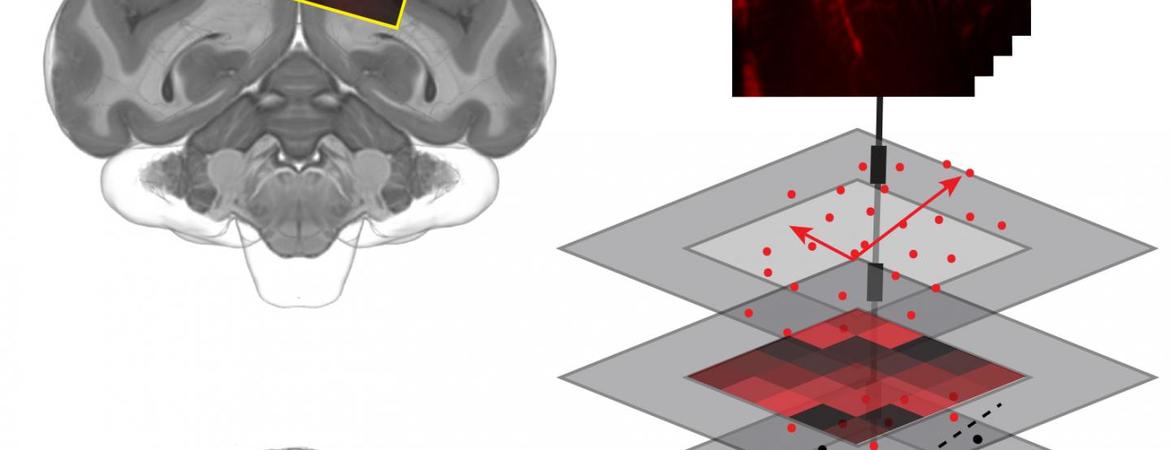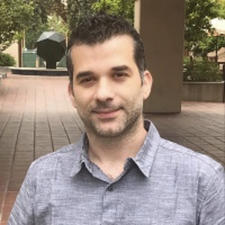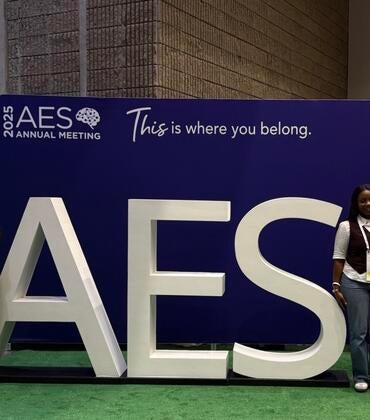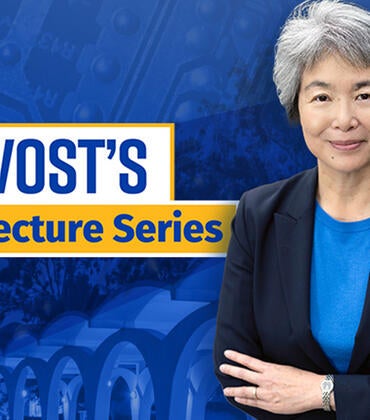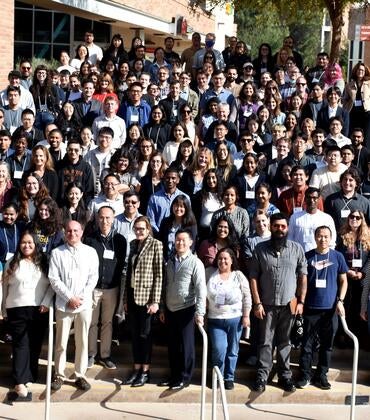A UC Riverside bioengineer is working on less-invasive technology that could eventually improve robotic assistive devices for motor-impaired people by reading their minds— sort of.
The new technology uses functional ultrasound to map brain activity and predict what action the individual wants to take next and has been used to successfully predict a monkey’s intended hand or eye movements.
“The idea is that for the first time we can read the intention of a monkey brain before the animal performs an action, opening new avenues for developing less invasive neural prosthetic devices for patients with severe paralysis,” said Vasileios Christopoulos, an assistant professor of bioengineering in the Marlan and Rosemary Bourns College of Engineering.
The work, which is a collaboration with CalTech, is currently being extended to humans and has been reported on by Science, among other prominent media outlets. Christopoulos is collaborating with the Keck School of Medicine and Children’s Hospital Los Angeles to translate this work to human patients and infants.
Thumbnail image: S. Norman/CalTech
